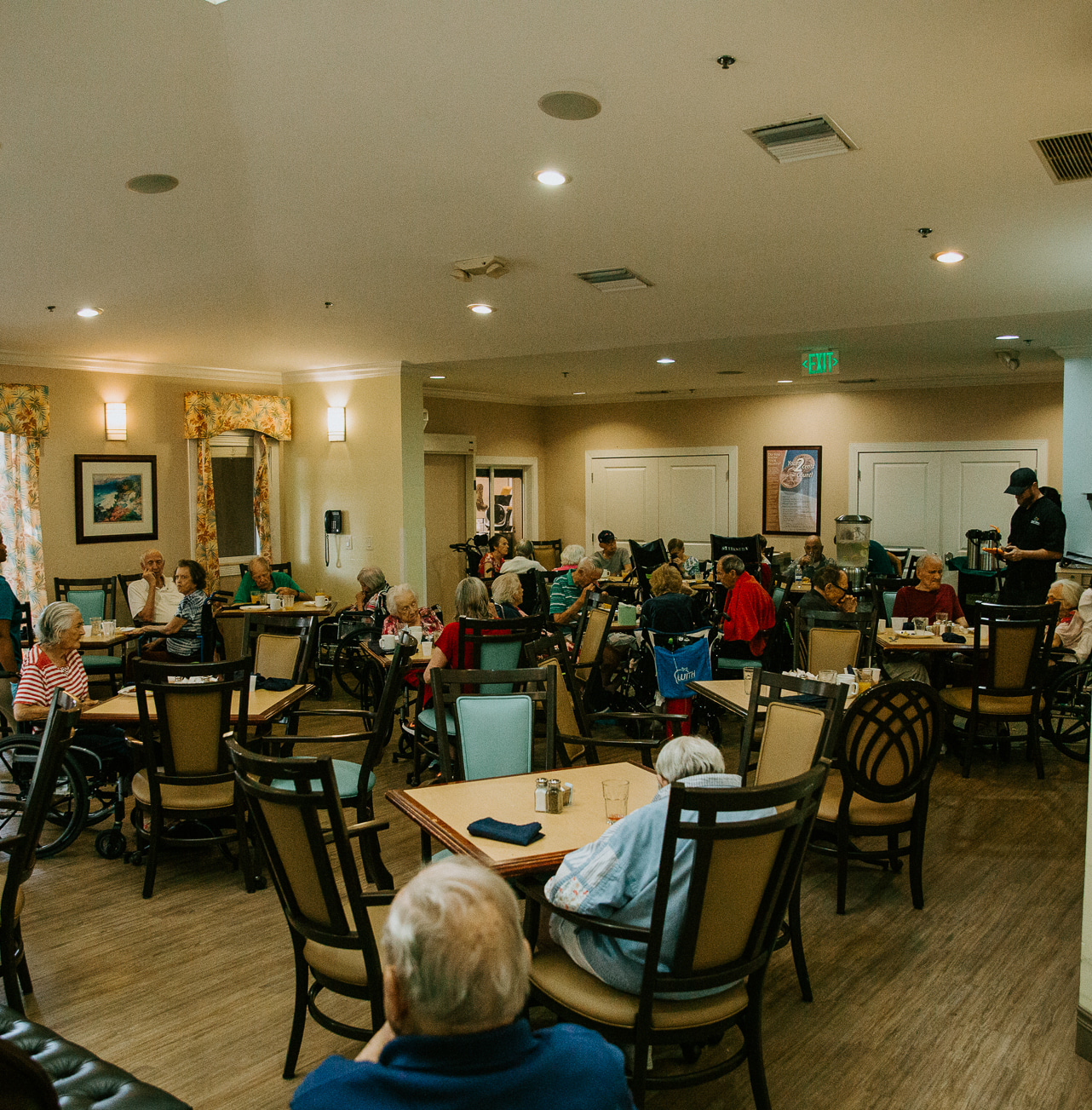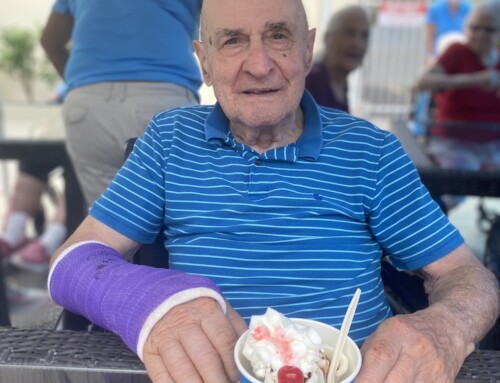When you notice a senior family member eating less than usual, it’s natural to worry. Loss of appetite can signify health concerns that go beyond weight loss, and you shouldn’t delay getting to the bottom of the issue. Finding the underlying cause of appetite loss is the first step toward finding the right solution.

Basics of Loss of Appetite
A decrease in appetite among seniors isn’t natural, but it is more common in their population. Physiologically, the aging process can lead to a diminished sense of taste or smell, causing food to be less appealing. Medications often come with side effects that include nausea or decreased hunger. Dental problems, too, can make eating painful, and underlying health conditions like depression or dementia can diminish the desire to eat. Ideally, seniors should still be eating enough to maintain a healthy weight and help promote muscle growth and bone strength, but these compounding issues can make it difficult.
Noticing early signs of decreased appetite can stop the worst from happening. Look for times when the senior in your life is leaving more food on the plate than usual, expressing disinterest in previously enjoyed meals, or losing weight. Early intervention helps counteract potential outcomes like malnutrition, which can weaken the immune system of an already vulnerable population.
The Dangers of Appetite Loss in Seniors
Prolonged loss of appetite poses significant health risks due to the threat of nutritional deficiencies. When the body doesn’t receive essential nutrients, it begins to use its reserves, leading to muscle loss, weakened bones, and a compromised immune system. This condition makes seniors more susceptible to infections, slows down recovery from illnesses and surgeries, and increases the risk of other dangerous conditions.
Additionally, poor nutrition can impact the body’s ability to metabolize medications effectively. Even still, medications alone are often not enough for a healthy life. A well-balanced diet, only possible through healthy eating habits, helps seniors in more ways than one. Nutrition directly influences brain chemistry, affecting mood and cognitive function. Malnutrition can lead to or exacerbate symptoms of depression and anxiety, creating a cycle where poor mental health further diminishes the desire to eat.
Addressing the Issue of Appetite Loss
If you notice these signs, you should always work with a healthcare professional to find the best solution for your loved one. Still, you can take some small steps toward addressing the problem.
Practical Steps to Encourage Eating
- Enhance Meal Appeal: Craft a welcoming dining atmosphere and serve small, frequent, nutrient-rich meals that excite the senses through varied flavors, textures, and colors.
- Involvement in Meal Processes: Engage seniors in planning and preparing their meals to boost interest in food and provide a sense of empowerment and involvement.
- Address Underlying Issues: Tackle medical issues head-on to give seniors their best shot at fixing the behavior themselves.
Assisted living communities offer a comprehensive solution to seniors facing issues with loss of appetite, in addition to other everyday problems. Communities provide nutritionally balanced meals prepared by chefs catering to each resident’s dietary needs and preferences. Meals are served in communal dining areas that encourage social interaction and stimulate appetite by making mealtime a more enjoyable experience.
As we age, everything gets more challenging to do alone, and assisted living facilities offer seniors a way to continue living independently while getting help occasionally. Even if your family member isn’t struggling with appetite loss, our facility can provide assistance with other daily needs and give them new purpose as they age.
To schedule a tour of our assisted living facility, contact A Banyan Residence today.







